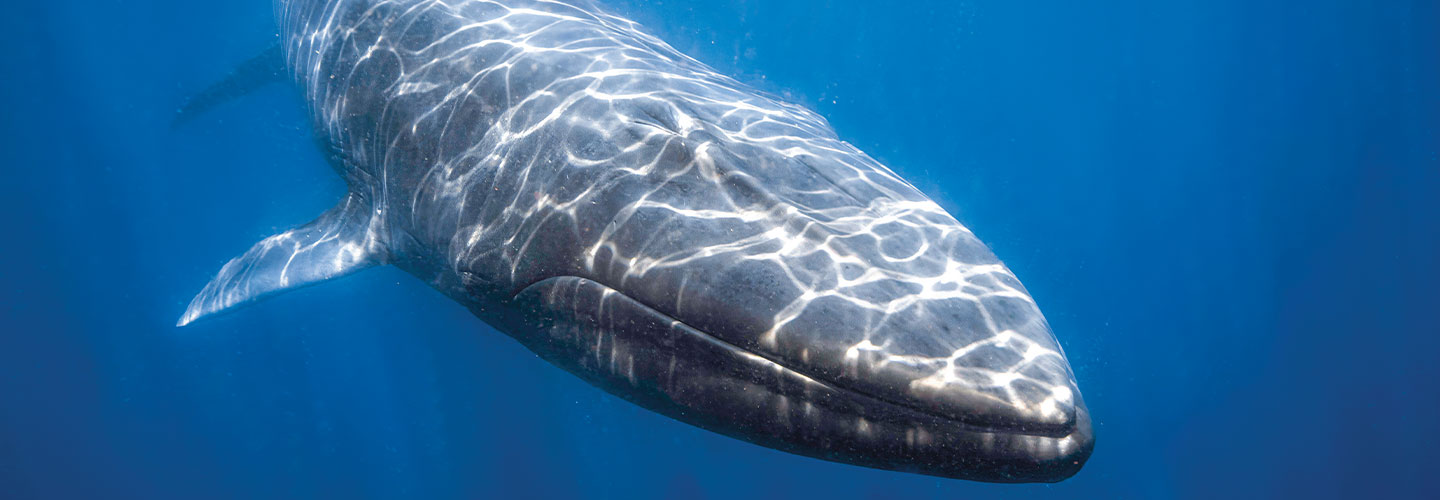ASHA DE VOS
SCOOPED FROM THE SEA: De Vos holds a sample of plankton collected off the coast of Sri Lanka.
The first time Asha de Vos saw a blue whale, she was a recent college graduate conducting research on a ship in the Indian Ocean, near her home country of Sri Lanka. In the distance, she spotted a spray of mist being released from a whale’s blowhole at the top of its head as it exhaled. It turned out to be not one but six blue whales—each almost the length of a basketball court! The encounter kick-started de Vos’s career studying these majestic, endangered giants—the most massive animals thought to have ever lived on Earth (although a fossil whale discovered last year may challenge that title).
Today de Vos is a marine biologist leading the longest-running project studying the behavior and distribution of blue whales in the northern Indian Ocean. She’s also the founder of Oceanswell, Sri Lanka’s first marine conservation organization. Science World caught up with de Vos to learn about her work.

